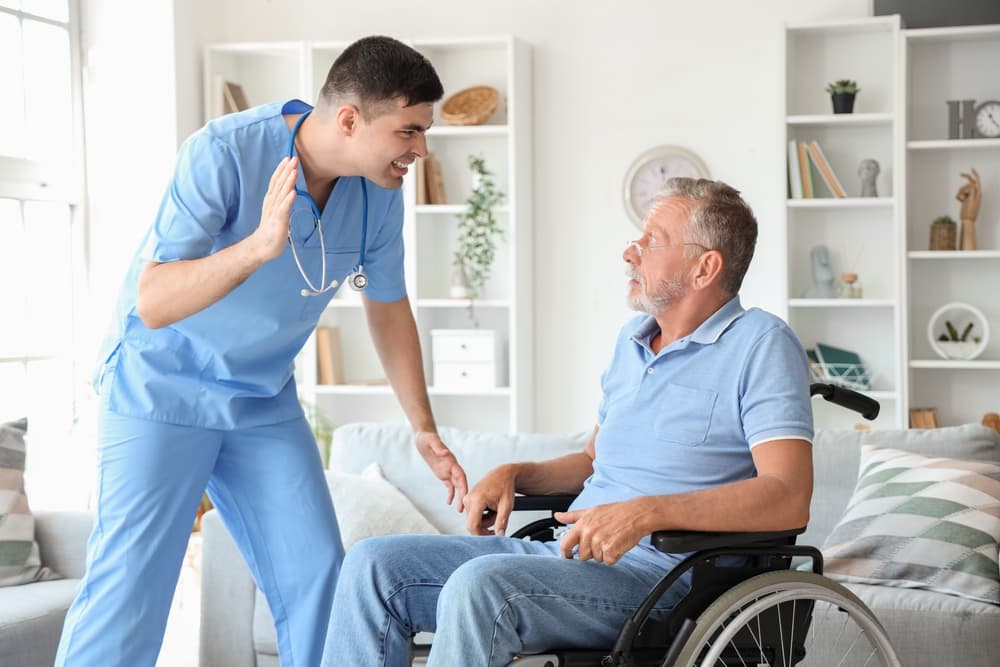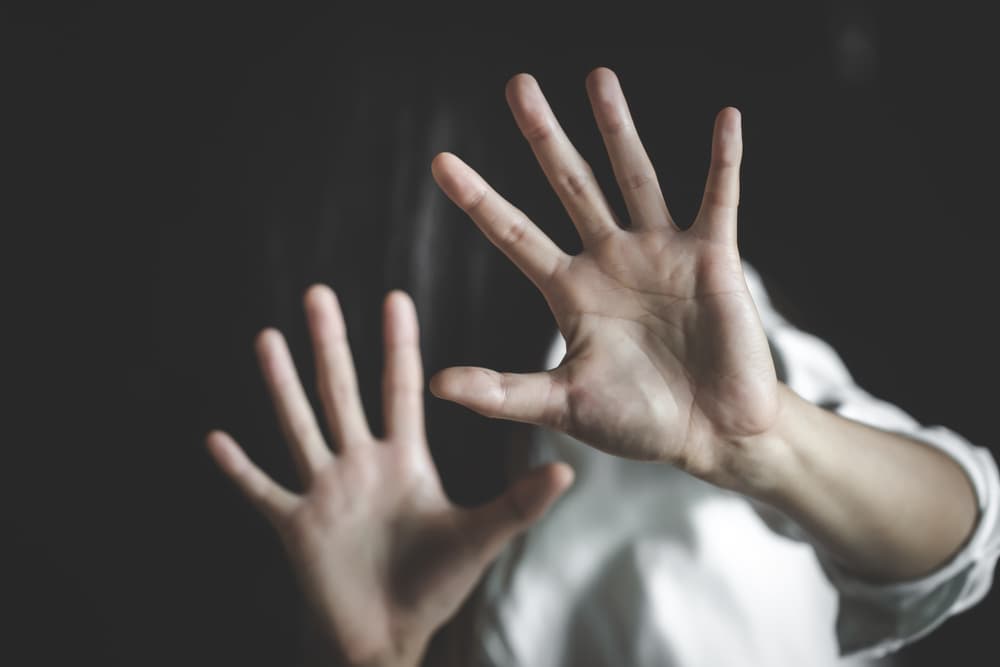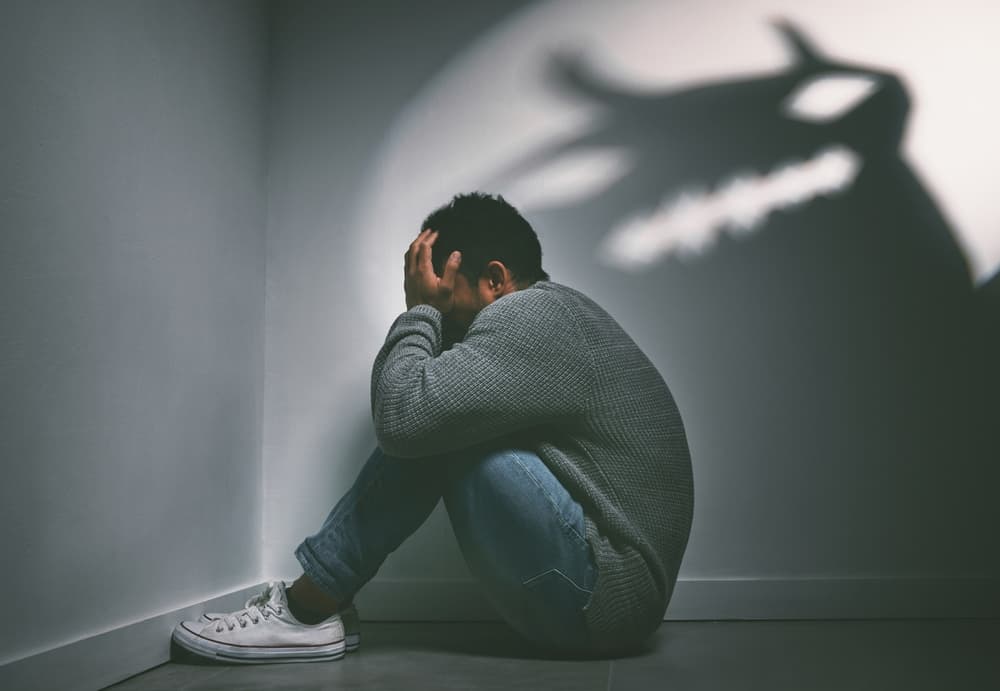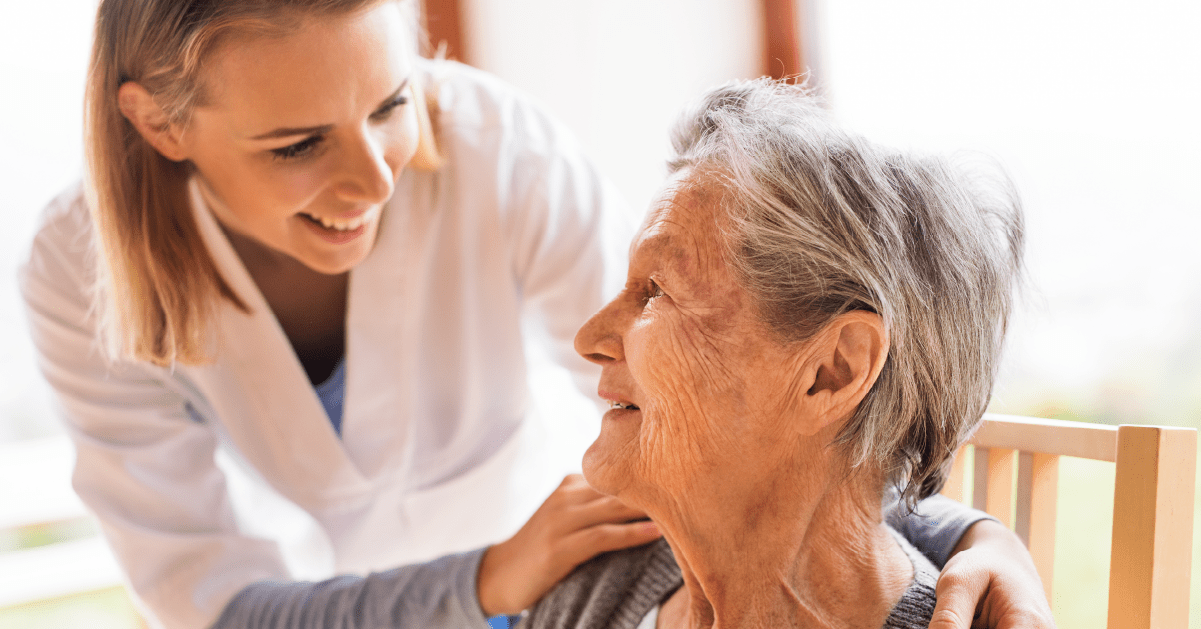Nursing homes should be safe havens for seniors and adults who need care and attention due to mental or physical impairments. Residents and their families pay a lot for long-term care and carefully choose the right facility.
Unfortunately, nursing home abuse is a serious and growing problem in the U.S. Facilities are understaffed with high turnover, so many staff members might fail to treat residents as they should. When mistreatment rises to the level of neglect or abuse, residents can suffer serious injuries.
If you believe your loved one suffered injuries due to nursing home abuse, speak with an experienced nursing home injury lawyer near you immediately.
Common Injuries from Nursing Home Neglect
Nursing home neglect can lead to a variety of injuries that compromise the health and well-being of elderly residents.
One common consequence of neglect is the development of bedsores, also known as pressure ulcers. These painful sores occur when residents are in the same position for extended periods without adequate care, leading to skin breakdown.
Bedsores often appear in areas where the body contacts surfaces like beds or chairs, which can be highly painful. If nursing homes fail to treat bedsores, they can become severe and contribute to infections.

Malnutrition and dehydration are common injuries resulting from neglect in nursing homes. When residents do not receive proper nutrition and hydration, it can lead to weakness, weight loss, and a compromised immune system. Malnutrition can exacerbate existing health conditions and hinder the body’s recovery from illness or injury.
Untreated medical conditions are another consequence of neglect in nursing homes. Failure to address residents’ health issues promptly can lead to a worsening of their overall health, causing unnecessary suffering and complications.
Emotional injuries also result from nursing home neglect. The isolation and lack of social interaction resulting from neglect can contribute to depression, anxiety, and a decline in mental health. Residents may experience feelings of abandonment and despair, impacting their overall quality of life.
Common Injuries From Physical Abuse in Nursing Homes
Physical abuse in nursing homes can result in a range of serious traumatic injuries, causing both immediate and long-term harm to residents.
Bruises are common, often appearing on the body, arms, or face. These bruises may indicate rough handling, improper restraint, or intentional harm.
Vulnerable elderly individuals with more fragile bones may suffer fractures. Broken bones, such as fractures in the arms, legs, or hips, can significantly impact a resident’s mobility and overall well-being.
More severe trauma may occur as a result of physical abuse, including head injuries and internal injuries. Striking or forceful handling can lead to contusions, lacerations, and, in extreme cases, traumatic brain injuries. These injuries not only cause immediate physical harm but can also contribute to a decline in cognitive function and overall health.
Residents who experience physical abuse may exhibit signs of fear, anxiety, or agitation. The psychological toll of such mistreatment can be profound, affecting an individual’s mental health and quality of life. Victims may become withdrawn, avoid social interaction, or display symptoms of post-traumatic stress disorder (PTSD).
Learn to recognize the signs of physical abuse and take immediate action to protect the safety of nursing home residents. Reporting suspicions of abuse and holding perpetrators accountable help ensure the safety and dignity of future elderly individuals in care facilities.
Common Injuries From Sexual Abuse in Nursing Homes

Sexual abuse in nursing homes is a distressing violation that can result in profound physical and emotional injuries for vulnerable residents. The physical injuries resulting from sexual abuse can manifest in various forms, including bruising, bleeding, or injuries to the genital area.
Non-consensual sexual acts may cause trauma to sensitive regions, leading to pain, discomfort, and long-lasting physical consequences.
Additionally, victims of sexual abuse may be at an increased risk of sexually transmitted diseases (STDs) or infections (STIs), adding another layer of harm to their overall health.
The emotional injuries inflicted by sexual abuse in nursing homes can be severe and enduring. Residents who experience sexual abuse may suffer from symptoms of PTSD, including flashbacks, nightmares, and heightened anxiety.
Depression and withdrawal from social activities are common emotional responses as victims grapple with feelings of shame, guilt, and fear.
Sexual abuse in nursing homes can also exacerbate existing mental health conditions, leading to a deterioration of overall well-being. Elderly individuals who experience sexual abuse may become socially isolated, exhibiting signs of emotional distress that impact their interactions with caregivers, family members, and fellow residents.
Common Injuries From Mental Abuse in Nursing Homes
Not all types of nursing home abuse result in physical trauma and visible injuries.
Mental abuse in nursing homes can lead to a range of injuries that extend beyond the physical realm, causing significant harm to the emotional and psychological well-being of elderly residents. The impact of mental abuse is often less visible but can be just as detrimental.

Common injuries resulting from mental abuse include psychological distress, anxiety, and depression. Residents subjected to verbal abuse, intimidation, or manipulation may experience heightened levels of stress, leading to a decline in mental health.
The constant exposure to demeaning language or psychological torment can erode an individual’s self-esteem and sense of security, contributing to a negative impact on overall mental well-being.
Cognitive decline is another injury that may occur as a consequence of mental abuse in nursing homes. The stress and emotional toll inflicted by persistent mistreatment can exacerbate existing cognitive conditions, such as dementia or Alzheimer’s disease. Victims of mental abuse may experience confusion, memory loss, and a deterioration in their ability to perform daily tasks.
Behavioral regression is a common manifestation of mental abuse. Residents who endure ongoing emotional torment may exhibit changes in behavior, becoming withdrawn, agitated, or even aggressive. These behavioral changes can further isolate victims, diminishing their quality of life and hindering their ability to engage in social activities.
All types of physical and mental injuries from nursing home abuse and neglect can be costly in many different ways. Always discuss legal options with an experienced nursing home abuse attorney. They can take action against the facility to uphold your loved one’s rights.
Signs of Nursing Home Abuse for Family Members to Recognize
Family members need to recognize the signs of nursing home abuse is crucial to ensure the safety and well-being of their loved ones. Many victims of abuse are too afraid to report it or do not have the mental capacity to do so.
Family members and other close visitors should remain vigilant and observant, looking for both subtle and overt indicators that may suggest abuse or neglect.
Physical abuse signs:
- Bruises, cuts, or fractures in different stages of healing
- Signs of restraint, such as marks on wrists or ankles
- Head trauma or brain injuries
- Frequent or unexplained hospital visits
- Injuries inconsistent with the resident’s medical history or accidents
- Lack of information or vague explanations about the cause of injuries
Emotional and behavioral changes:
- Unexplained changes in mood or behavior
- Withdrawal from social activities or interactions
- Signs of anxiety, fear, or depression
- Agitation or aggression that was not previously present
Sexual abuse signs:
- Unexplained genital injuries or bleeding
- New diagnosis of STDs without a clear explanation
- Behavioral changes related to sexuality, such as withdrawal or excessive concern
Neglect indicators:
- Poor personal hygiene, including unwashed clothes or unclean living conditions
- Untreated medical conditions or lack of medical attention
- Dehydration or malnutrition
- Bedsores or other preventable health issues
- Undisbursed medications
Changes in communication:
- Fearful or hesitant behavior around certain staff members
- Reluctance to discuss care or conditions in the facility
- Inconsistencies in staff explanations regarding the resident’s well-being
- Staff disallowing you to spend time alone with the resident
Environmental indicators:
Unsanitary or hazardous living conditions
- Lack of proper supervision or staffing
- Overcrowded or understaffed facilities
Family members should trust their instincts and investigate any concerns promptly. Reporting suspicions of abuse to the nursing home administration, local authorities, and adult protective services is essential to protect a loved one from future injury. Removing the resident from the facility might be necessary to ensure their safety and well-being.
Once your loved one is in a safe place and has all relevant injuries diagnosed, immediately schedule a free consultation with a trusted nursing home abuse attorney. They can advise on your next steps.
Always Consult an Attorney if You Suspect a Loved One Suffered Nursing Home Abuse

Discovering or suspecting elder abuse against a loved one is a distressing situation that demands immediate action. Consulting with an attorney is a critical step in protecting the rights and well-being of the elderly individual. Here are key reasons why seeking legal counsel is essential in cases of suspected nursing home abuse.
Legal Experience
Nursing home abuse cases involve complex legal considerations. Attorneys handling elder abuse and nursing home neglect are well-versed in the applicable laws, regulations, and standards governing long-term care facilities. Their experience ensures a comprehensive understanding of the legal aspects surrounding the case.
Investigation and Documentation
Attorneys can initiate and oversee a thorough investigation into the suspected abuse. This may involve gathering evidence, interviewing witnesses, and reviewing medical records.
Documentation builds a strong case against the responsible parties, and attorneys have the experience to effectively collect and present all relevant information.
Determining Liability
Identifying the parties responsible for the abuse is crucial to legal proceedings. Attorneys can help determine liability by examining the actions of staff, facility management, and other involved parties. This includes assessing whether the abuse resulted from negligent hiring, inadequate training, or systemic issues within the facility.
Seeking Compensation for Damages
Nursing home abuse can result in physical, emotional, and financial damages. Attorneys can pursue compensation for medical expenses, rehabilitation costs, emotional distress, pain and suffering, and other relevant damages. Seeking financial restitution can help alleviate the burdens on the victim and their family.
Negotiating with Insurance Companies
Nursing homes often have insurance coverage to address claims of abuse or neglect. Attorneys are skilled negotiators who can engage with insurance companies to seek compensation for the victim. They can advocate for a fair settlement that covers medical expenses, pain and suffering, and other damages resulting from the abuse.
Navigating Legal Proceedings
If your lawyer cannot reach a fair resolution through negotiation, attorneys are ready to pursue legal action. They can file a lawsuit for the abused individual and guide the case through the legal system.
Attorneys understand the procedural intricacies, deadlines, and requirements of legal proceedings, ensuring a smoother and more effective process.
Protection of Rights
Legal professionals act as advocates for the rights of the abused individual. They can protect the victim’s rights throughout the legal process, including their right to privacy, dignity, and quality care. Attorneys work to hold the responsible parties accountable for their actions.
Preventing Further Harm
Legal intervention can contribute to the prevention of further harm. By holding the nursing home accountable for their actions, attorneys contribute to improving care standards within the facility. This can positively impact the well-being of current and future residents.
Nursing home abuse cases can shed light on systemic issues within long-term care facilities. Attorneys can use their advocacy skills to raise awareness about the need for improved regulations, increased accountability, and enhanced protection for vulnerable individuals in nursing homes.
Peace of Mind for Families:
Families grappling with the emotional toll of nursing home abuse can find reassurance and support through legal representation. Attorneys guide families through the legal process, offering transparency, communication, and strategic advice. This support can provide peace of mind during a challenging and uncertain time.

Never Wait to Consult a Nursing Home Abuse Attorney
In cases of suspected nursing home abuse, consult a compassionate personal injury attorney to ensure justice is served and the rights of the victim are protected. With the right assistance, families can pursue accountability, compensation, and positive changes in the long-term care system to prevent future instances of abuse.
If you believe your loved one suffered preventable injuries in their nursing home, seek your case evaluation immediately.








